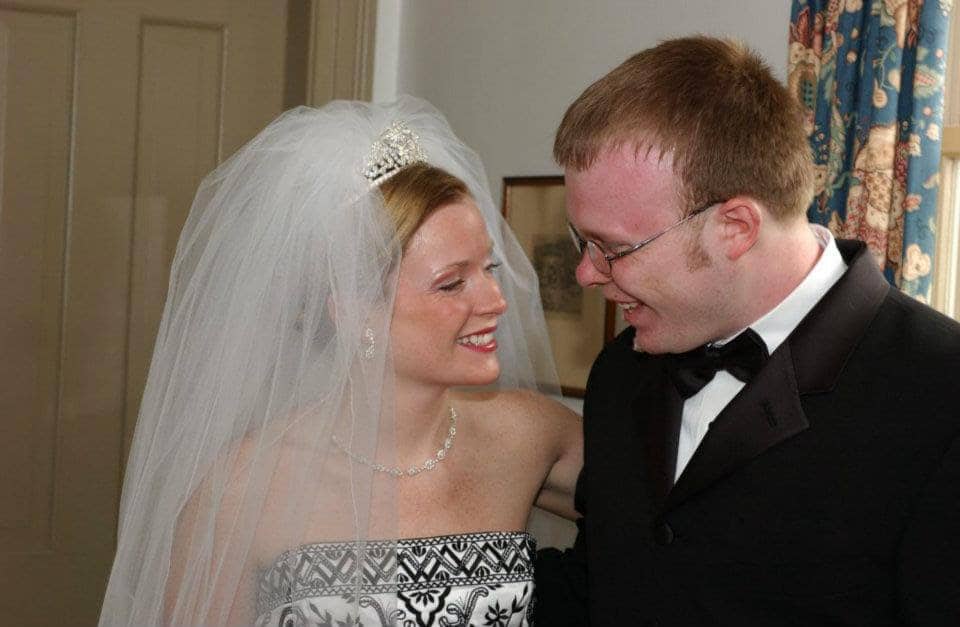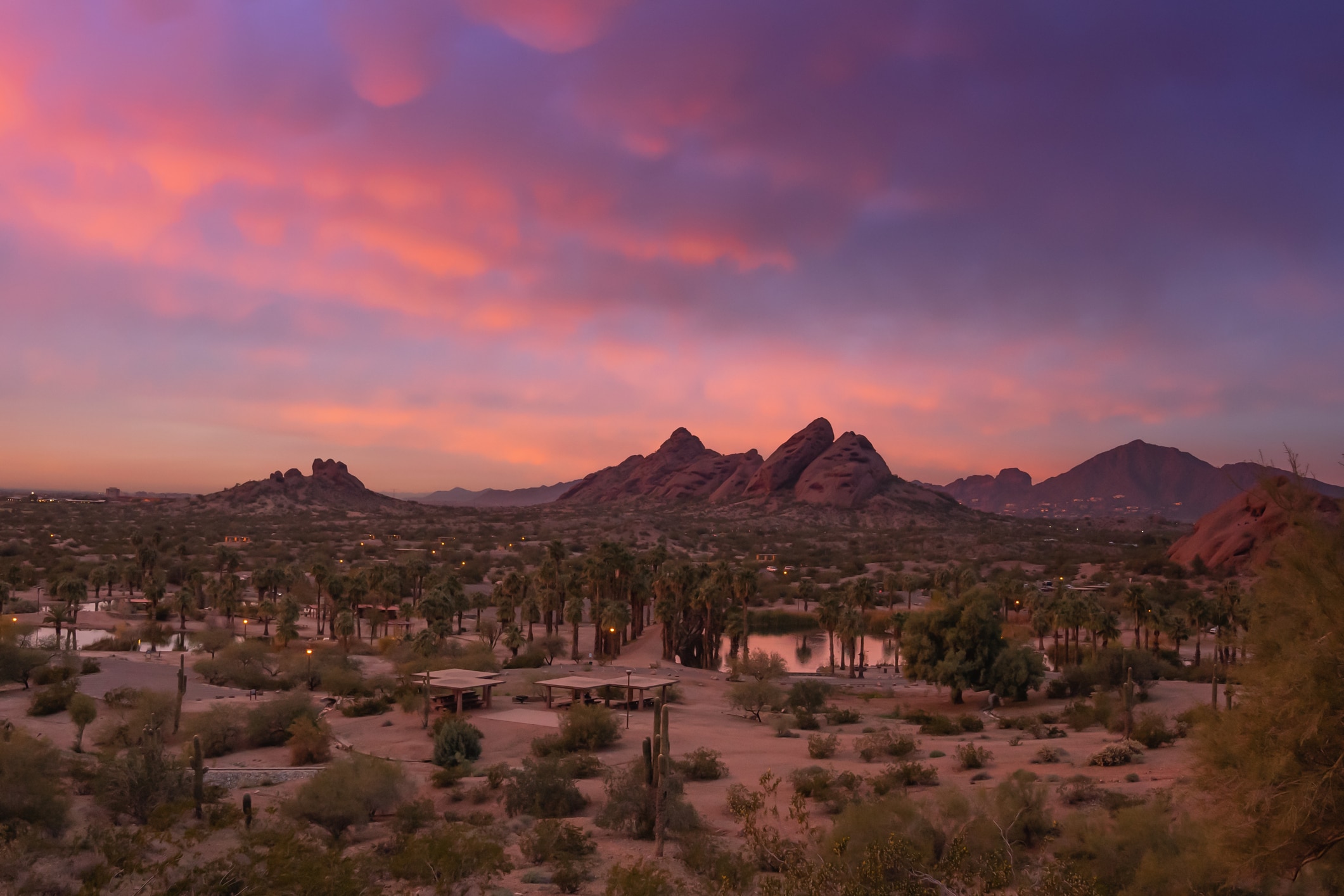Humanity’s fascination with space has been a constant throughout history. From ancient civilizations that studied the stars to modern science fiction that envisions interstellar travel, space has always captivated our imagination.
Here we are in 2024, a year in which space tourism, once relegated to the realm of TV and movies, is now rapidly becoming a tangible reality. As technology advances and private companies push the boundaries of what’s possible, the dream of venturing beyond Earth without decades of astronaut training is closer than ever.
But the concept of space tourism is not entirely new. The first space tourist, Dennis Tito, made history in 2001 by spending eight days aboard the International Space Station (ISS). Over two decades later, the industry has evolved to the point where space tourism could become accessible to the general public, although it will likely be an adventure initially available only to the wealthy.
Companies like Blue Origin, SpaceX, and Virgin Galactic are leading the charge. In July 2021, Blue Origin’s New Shepard rocket successfully made its first professionally crewed flight with Jeff Bezos as a passenger. Similarly, Virgin Galactic’s VSS Unity, piloted by Richard Branson, also made its first fully crewed sub-orbital flight in the same month.
You’re probably wondering what I wondered… How much does it cost? As you might suspect, the price tag for a trip to space is currently astronomical.
Sub-orbital Flights: Virgin Galactic and Blue Origin are charging between $250,000 and $500,000 per seat. These flights offer a brief but thrilling experience, including a few minutes of weightlessness and a view of the Earth from the edge of space.
Orbital Flights: SpaceX’s orbital missions, which could include stays on the ISS or even trips around the Moon, are significantly more expensive. Tickets are estimated to cost tens of millions of dollars when they come available. SpaceX’s first civilian mission, Inspiration4, funded by billionaire Jared Isaacman, reportedly cost around $55 million per seat.
Do you know the difference between sub-orbital and orbital flight?
Sub-Orbital Flights: These flights reach the edge of space but do not complete a full orbit around the Earth. They typically ascend to an altitude of about 62 miles, crossing the Kármán line, which is internationally recognized as the boundary of space. Passengers experience a few minutes of weightlessness before the spacecraft descends back to Earth. The entire journey lasts around 10-15 minutes.
Orbital Flights: Orbital flights go much higher and faster, achieving the necessary velocity to enter a stable orbit around the Earth. This requires reaching altitudes of at least 124 miles and speeds of approximately 17,500 miles per hour! Orbital flights offer a much longer experience, from several hours to multiple days, and include spectacular views of the Earth from space.
Space flight is obviously a unique experience unmatched by any terrestrial adventure. As an avid pilot since I was 18, it’s something I would love to experience if my age and pocketbook allow it.
Those who have experienced it observe that the exhilarating feeling of “microgravity” (floating freely within the spacecraft) is quite a rush. They also say seeing Earth from space (described as the “Overview Effect”) is breathtaking and forever memorable, with the sight of our planet as a fragile blue marble against the blackness of space being humbling and deeply moving. I can only imagine.
As technology advances and competition increases, the cost of space tourism will undoubtedly decline, making it more accessible to a broader audience. As a result, companies like Orbital Assembly Corporation are planning to build space hotels that could accommodate tourists for extended stays. These facilities would offer amenities similar to luxury hotels on Earth, along with the unique experience of living in microgravity!
At the time, I thought my trips motorcycling Europe and Africa made me quite the adventurer. Those journeys now seem mundane considering my eight grandchildren will probably have the opportunity to stay in a space hotel.












